Why one person catches a covid viral infection or gets severe consequences over another are not entirely understood and genetic variabilities in both the host and virus are likely to be important [Wu]. Pre-existing chronic conditions which weaken cardiac or pulmonary function reserve influence whether an effective individual is able to sustain the viral insult. It is emerging that dietary and other lifestyle factors may play a significant part especially conditions linked to poor gut health such as obesity, diabetes and of course increasing age.
Spurred on by recent events, it’s understandable that people are searching for strategies to help themselves. The internet is full of stories of suggested foods and supplements but is there any evidence for their claims?
Benefits of diets rich in polyphenols
The regular intake of polyphenol rich fruits, herbs and vegetables has been found to have multiple health benefits particularly reducing chronic degenerative disease and reducing excess chronic inflammation. Their biological mechanisms of action range from improving immune and oxidative capacity and efficiency directly or indirectly via enhancing bacterial gut health [Shen, Powanda]. Improved gut health is associated with improved immune surveillance and a lower incidence of a state of inappropriate chronic inflammation [Thomas] .
Regulate inflammation: A serious complication of SARS-CoV infection is the sudden development of excessive inflammatory pulmonary infiltrates which causes severe respiratory distress, this has been terms a cytokine storm. A great deal of effort has been devoted to targeting the host response with a variety of anti-inflammatory drugs including treatment with corticosteroids, aspirin, monoclonal antibodies (MAbs), anti-cytokine and anti-chemokine agents, plasma exchange, and statins. Unfortunately, none has been proved to be effective [Meijvis], and some with sensitivities to salicylates or similar drugs have worsened the outcome [Tisoncik, Lo].
Help reduce excess oxidative stress: Studies have also shown that superoxide anion produced by macrophages infiltrated into the virus-infected organs is implicated in the development of severe influenza-associated complications. There is a suggestion that polyphenols could enhance intracellular oxidative enzyme capacity can help scavenge excess superoxide anions [Uchide].
Direct anti-viral properties: Laboratory studies of have also reported that some polyphenol rich foods have potential direct antiviral effects by reduced viral attachment, penetration, absorption proliferation and shedding of a number of different viruses [Chaing, Li, Lin, Ge]. If these benefits are extrapolated to humans, boosting their intake could potentially reduce the chance of catching the virus, suffering from their adverse effects or spreading it to other people [Chaing, Li, Lin, Ge, Wu, Lau, Yu].
Improving gut health: Some polyphenols act as prebiotics which promote a healthy gut health microbiome, in particular plant lignans found in nuts, resveratrol in red wine, ellagitannin found in tea as well as celery, pomegranate and turmeric. These butyrate forming polyphenols they stimulate the growth of anti-inflammatory (bacteroidetes) bacteria and impair the growth of pro-inflammatory firmicutes bacteria by a number of mechanisms. They prevent adhesion of firmicutes, creating more physical space for bacteroidetes species. They preferentially feed healthy gut bacteria, because the metabolism of polyphenols into glycans such as butyrate, are used as energy by these species but also by the host gut wall cells. Firmicutes (bad bacteria) have less of the enzyme required to digest glycans than Bacteroidetes, so are less able to use them as food. As a result they turn to sugar as an energy source. Moreover, Firmicutes are more repressed than Bacteroidetes by the natural antibiotic properties of many polyphenols. Over time, diets low in polyphenols and high in sugar lead to firmicute overgrowth, causing inflammation, hyperplasia and dysplasia of gut cells which can lead to cancer. They damage colon’s integrity, cause “leaky gut syndrome” which allows toxins to pass into the bloodstream triggering systemic inflammation and lower immune surveillance [Huang, Powanda, Huag, Shen].
Direct Anti-viral potential:
Numerous in vitro experiments have demonstrated significant anti-viral properties of phytochemical rich plants including SARS-associated coronavirus [Li, Lin, Ge, Wu, Lau, Yu]. Although clinical studies are lacking which many believe is due to the difficulties and cost of human studies using plants which cannot be intellectually protected commercial so are of little interest to big pharma [Kotwal, Lin]. At a biological level citrus bioflavonoids have demonstrated specific replication inhibition effects on SARS-CoV infected cells [Ryu]. The anthraquinone derivative aloe-emodin reported anti-proliferative effects via galectin-3 up-regulation which in turn reduces RNA-dependent protein kinase and 2’5′,-oligoadenylate synthetase expression and showed particularly high pathogenic abilities against the H5N1 virus responsible for the last pandemic in 2013 [Sun, Lin, Li 2014]. Apigenin has been shown to slow viral replication by suppressing internal ribosomal entry site (IRES) mediated translational activity and by modulating cellular c-Jun N-terminal kinase (JNK) pathways [Lv, Qian]. The combination of Curcumin and Ellagic acid at various concentrations showed better effects than either of the foods when used alone [Kumar]
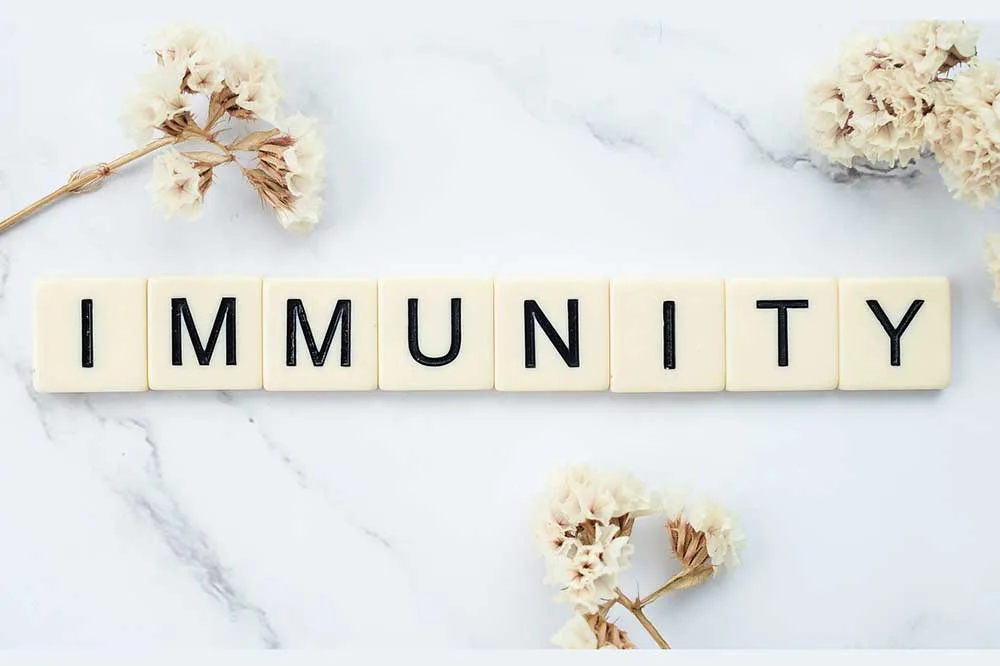
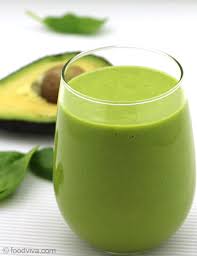

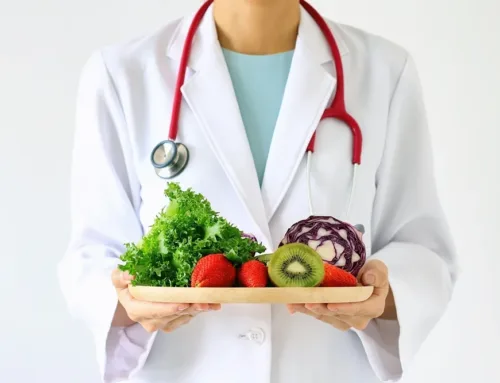
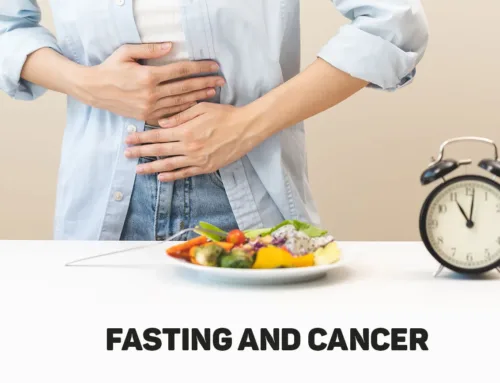

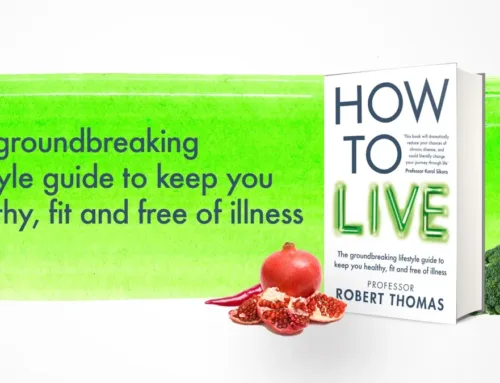
Leave A Comment